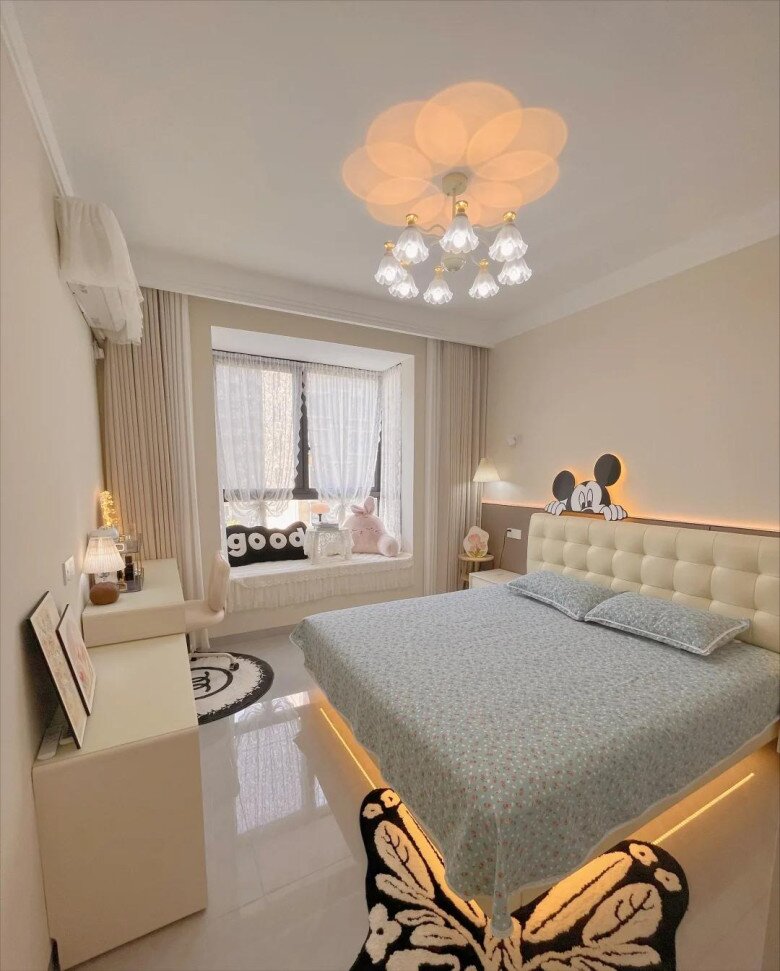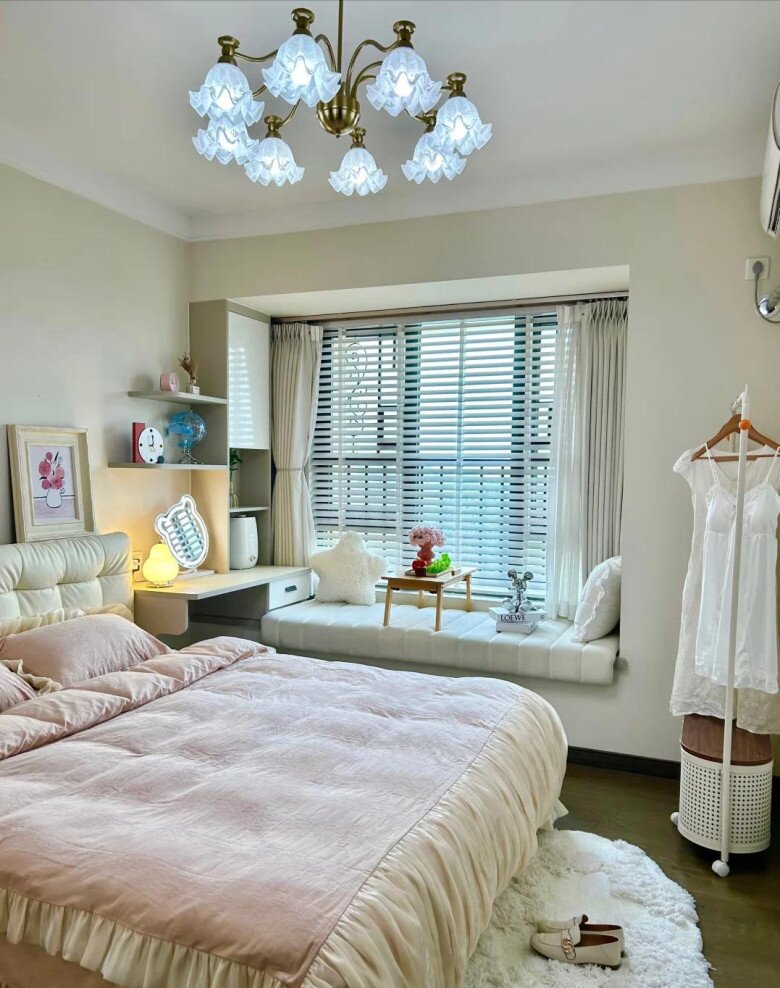Living rooms and bedrooms, seemingly ordinary spaces, can profoundly reflect a family’s financial habits. Some reside in spacious, well-lit homes yet struggle with financial instability, while others thrive in smaller dwellings, steadily building wealth.
This disparity often lies not in income but in the subtle details of how living spaces are organized and designed.

1. The Living Room’s Impact on Earning Potential
The living room is the face of a home and a hub for socializing, making it a vital energy center for the family. A perpetually cluttered space, with piled-up belongings, scattered takeout containers, and clothes draped over the sofa, can drain energy and dampen spirits.
Such an environment fosters laziness and diminishes motivation. Without discipline and drive, the ambition to earn money wanes.
Conversely, a clean, well-lit living room with neatly arranged furniture and natural light fosters positivity and relaxation. Guests are more likely to perceive you as organized and reliable, strengthening long-term relationships—especially valuable for those in business or relationship-driven careers.

A tidy, organized living room not only cultivates self-discipline but also builds trust—a critical asset in financial endeavors. When designing this space, prioritize lighting and color. Dim lighting can induce lethargy, while warm, bright tones energize. Minimize unnecessary decor on TV stands or coffee tables, favoring functional items that are easy to maintain and keep the space pristine.
2. The Bedroom’s Role in Saving Habits
The bedroom, often overlooked, is pivotal in determining financial retention. Why? Because it directly influences sleep quality, which in turn affects spending behavior and financial management.
A cluttered bedroom with tangled bedding, scattered clothes, and stale air leads to restless sleep. Chronic sleep deprivation increases irritability, reduces self-control, and encourages impulsive spending.
Despite earning well during the day, late-night scrolling and fatigue can lead to reckless purchases, causing money to slip away unnoticed.

A minimalist, organized bedroom promotes relaxation and deep sleep. Keep bedding clean and comfortable, avoid clutter around the bed, and ensure soft lighting with good ventilation.
A cool, quiet sleep environment ensures restful nights, leading to clear mornings, productive workdays, and rational financial decisions.
The bedroom also reflects spending habits. Overstuffed closets often indicate unnecessary purchases. A well-organized bedroom helps identify true needs, improving spending control.
Simply put, those who manage their bedrooms effectively typically manage their finances well.

In summary, homes mirror financial habits. The arrangement of living rooms and bedrooms reveals lifestyle choices.
Hoarders often live in cramped, chaotic spaces, wasting energy and time. In contrast, those who embrace simplicity tend to spend wisely, investing in what truly matters.
If you struggle to save despite hard work, examine your living spaces. A well-maintained environment sustains discipline and safeguards hard-earned money.
(*) This information is for reference only!

































